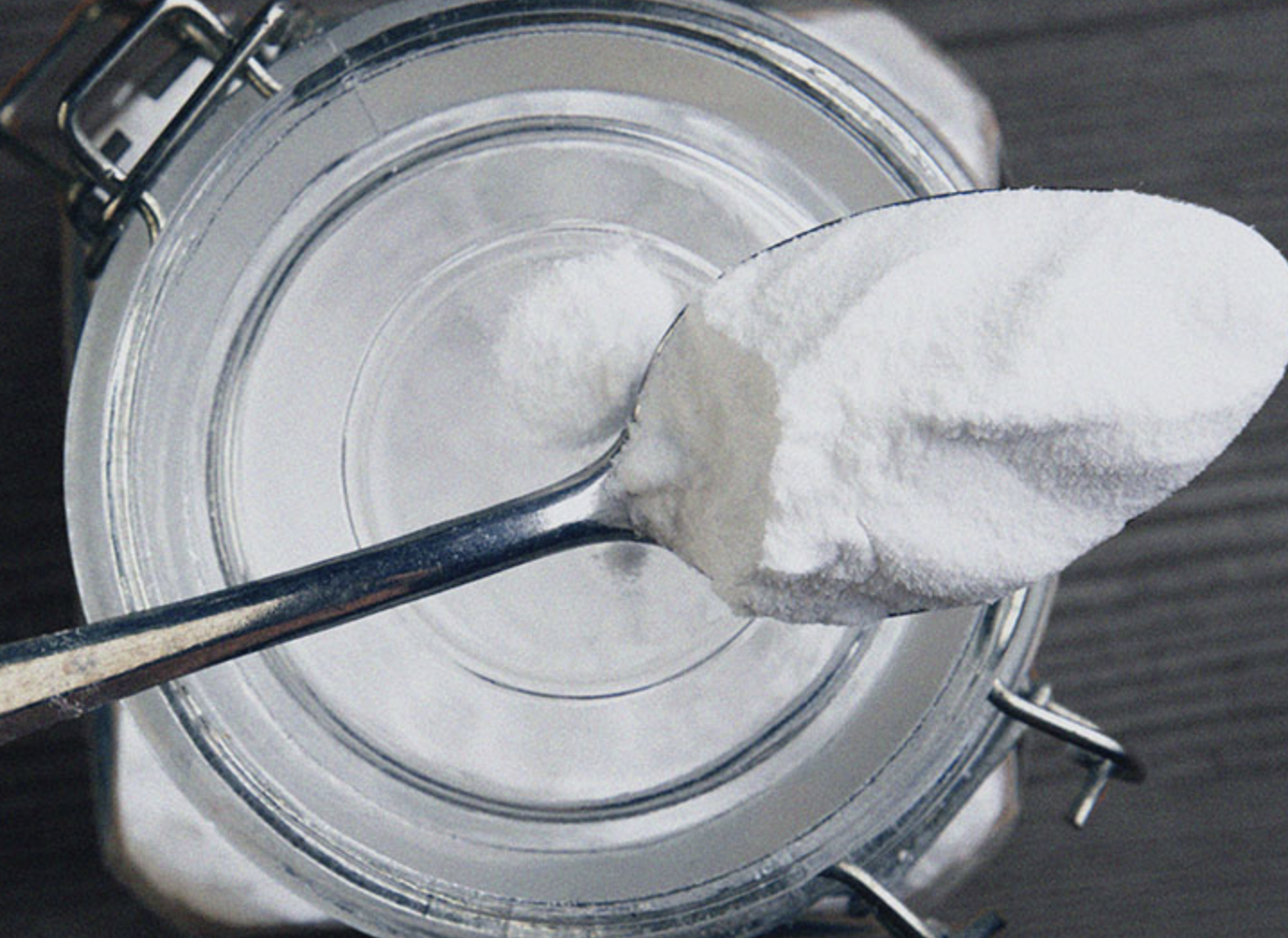Baking soda can heal peptic ulcers, but only if they are caused by excessive hydrochloric acid production.
It is important to note that excessive use of baking soda to curb acidity can have adverse metabolic effects. Cases have been reported where patients self-medicated antacids, milk, and baking soda solutions and ended up developing severe metabolic alkalosis. Its symptoms include muscle twitching and cramps, irritability, mental confusion, tremors, tingling, and numbness in peripheries. Thus, the root cause of peptic ulcers should be diagnosed and avoided instead of using baking soda to bring about symptomatic relief.
Physiology of Peptic Ulcer Formation
Peptic ulcers are caused when the protective mechanisms of the gut fail. These include cyclooxygenase pathways that produce and transport healing and protective chemokines. An extensive and well-connected blood supply that provides energy and nutrition to the digestive system for effective peristalsis allows faster food clearance. Adequate production of stomach acid prevents the growth and colonization of bacteria that may be detrimental to gut health. Finally, an excessive amount of mucus protects the tender and muscular lining of the stomach from the low pH of the irritant acid produced in the stomach. Any unbalance in even if of these protective parameters increases the susceptibility of stomach ulcer formation.
How Baking Soda Helps
Baking soda is a potent and fast-acting alkaline powder; it has a significantly higher pH than stomach acid. Thus, as soon as it comes in contact with the acid in the gut, a swift and effective chemical neutralization process occurs. In layman’s terms, it means that the opposite powers of Hydrogen of the low pH acid and the higher pH alkaline cancel out each other. It changes the overall pH of the gut to a value that no longer irritates the lining. It can instantly relieve the symptoms caused by peptic ulcers such as dyspepsia, bloating, heartburn, and nausea. But chronic use of alkaline powders such as baking soda, milk, and antacids containing calcium can increase serum calcium, phosphorus, and bicarbonate levels. This can cause severe metabolic effects, including tetany and mental confusion. Thus, proper diagnosis is necessary for a more targeted ulcer healing instead of symptomatic relief through baking soda ingestion.
Diagnosing the Root Cause
Baking soda can be used to cure stomach ulcers only if you identify the irritating agent. You can consult a gastroenterologist for diagnosing the root cause, and they can help tailor the amount of baking soda you need for healing, in addition to proton pump inhibitors and antacids. Following are the common causes of peptic ulcers that must be avoided, baking soda may or may not be used as adjuvant therapy in these cases:
NSAID or Aspirin Overuse
One of the most common causes of peptic ulcer formation is overdosing or chronic use of non-steroidal anti-inflammatory drugs. These inhibit the cyclooxygenase pathway that protects the gut’s mucosal lining. Usually, the elderly who need aspirin and NSAIDs for several autoimmune diseases develop stomach ulcers. Thus, they are prescribed proton pump inhibitors to lower acid production. For patients who develop ulcers for this reason but cannot discontinue their medication, baking soda is a good option for healing their ulcers and bringing about symptomatic relief.
H. pylori Infection
One of the main reasons for the development of stomach ulcers is H. pylori infection, which causes irritation and inflammation of the gut mucosa and leads to ulceration. Complete eradication of the bacteria with triple therapy is crucial. Baking soda can be used as an adjuvant for faster healing and maintaining a neutral gut pH. But without antibiotics, baking soda is not an adequate remedy in this case.
Chronic Smoking
Smoking decreases the blood flow to the gut – making it prone to ulceration. Complete cessation of smoking is advised. Baking soda can help speed up the healing process.
Alcohol Abuse
Researchers have a mixed take on whether alcohol can or cannot cause peptic ulcers. Some studies have established a positive correlation between alcohol abuse and the development of stomach ulcers. Whereas, other researches emanate that mild alcohol mistake may prevent the growth of H. pylori bacteria. In any case, alcohol abuse certainly causes peptic ulcers. Additionally, excessive alcohol intake causes Mallory-Weiss tears in the esophagus due to frequent retching, anti-peristaltic movements, and vomiting after binge drinking. The same principle may cause peptic ulcers. This is certain that you must not increase alcohol intake after a confined diagnosis of peptic ulcer since it hampers fast healing. On the other hand, alkaline drinks such as milk and baking soda can provide symptomatic relief and comfort.
